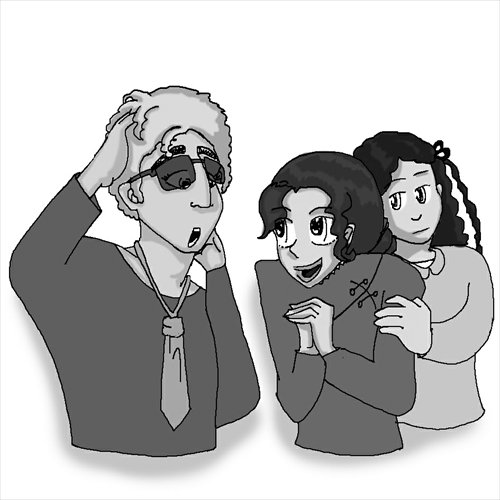What it must feel like to be Chinese in China

Illustration: Lu Ting/GT
A blog post recently appeared on my WeChat newsfeed with the title "How Does It Feel Like to be Black in China?" It described how Africans are discriminated against in the PRC due to their skin tone and how difficult it is for them to access privileges like teaching jobs that other laowai (especially Caucasians) here take for granted.
Racial discrimination, especially against blacks, is unfortunately still an ongoing issue all over the globe. Every day in the US media, for example, one reads about police brutality toward African-Americans, which seems to be getting worse, not better, in the new millennium. It therefore is unfair to pinpoint Chinese society as the sole culprit of racism toward blacks.
But that article got me thinking about another peculiar societal injustice that I have observed in China: the prejudice and classism of Chinese toward other Chinese. Before I came to Shanghai I never would have imagined such discrimination existed, but in top-tier metropolises like Shanghai it is quite prevalent.
Take for example nightclubs. If you are a white Westerner, you don't even have to bring your wallet with you to the trendiest spots in this city. Whites can just walk in freely right past the queues and bouncers, then drink all they want on the house, with management rushing to cater to them. Not even the wealthiest tuhao (young nouveau-rich Chinese) get this level of VIP treatment.
I myself am Turkish, which the Chinese register as European, hence "laowai." So I can get into Shanghai's coolest clubs and drink all night for free simply based on my looks. At first I was wary, but eventually I realized that there was actually no catch to this awesome deal; all I had to do was look laowai. The rationale behind this is, as the saying goes, if I am not paying for a service, I AM the service - window dressing and eye-candy for rich locals who want to be seen partying around Westerners.
Unfortunately, when foreign party people bring along their Chinese girlfriends, nightclub management will have the audacity to specifically ask those Chinese to pay for their entrance fee and drinks, making the situation a bit uncomfortable. This blatantly biased treatment might seem trivial, but it lucidly demonstrates the "white frenzy" that continues to pervade China.
I was also once invited to stay for free in a five-star Chinese hotel for multiple days; all I had to do is pose in a single group photo during a trade fair so that, I suspect, the organizers could pretend that foreigners attended their event. Even in ordinary daily circumstances, my foreign face usually lets me walk right past security at fancy office towers or gated apartment compounds.
Meanwhile, Chinese have to jump through all kinds of hoops and interrogations to enter these same places. And at my university here in Shanghai, the foreign students' dormitory comes with 24/7 CCTV security, single rooms with private baths and air conditioning. Chinese students, on the other hand, are forced to live 6 per room without any amenities, not even private showers.
These are just a few of the infinite number of "foreigner perks" that locals couldn't even begin to imagine. Most don't know that upon our arrival in China laowai are issued a "magic key" that opens many doors - good jobs, high salaries, upmarket accommodations, free drinks and entertainment - that are locked to locals.
Perhaps this is why so many foreigners swagger around Shanghai like they are gods. With all this preferential treatment, they start believing that they really are special, and this arrogance and preciousness is then misunderstood by the Chinese as confidence, which in turn makes them even more envious of us.
Such a phenomenon is, I believe, one of the major hurdles that Chinese society must overcome if they strive to build a more robust and positive image of themselves. If they do not start to believe in and desire their own race, how could they ask and hope for others to do so?
The opinions expressed in this article are the author's own and do not necessarily reflect the views of the Global Times.